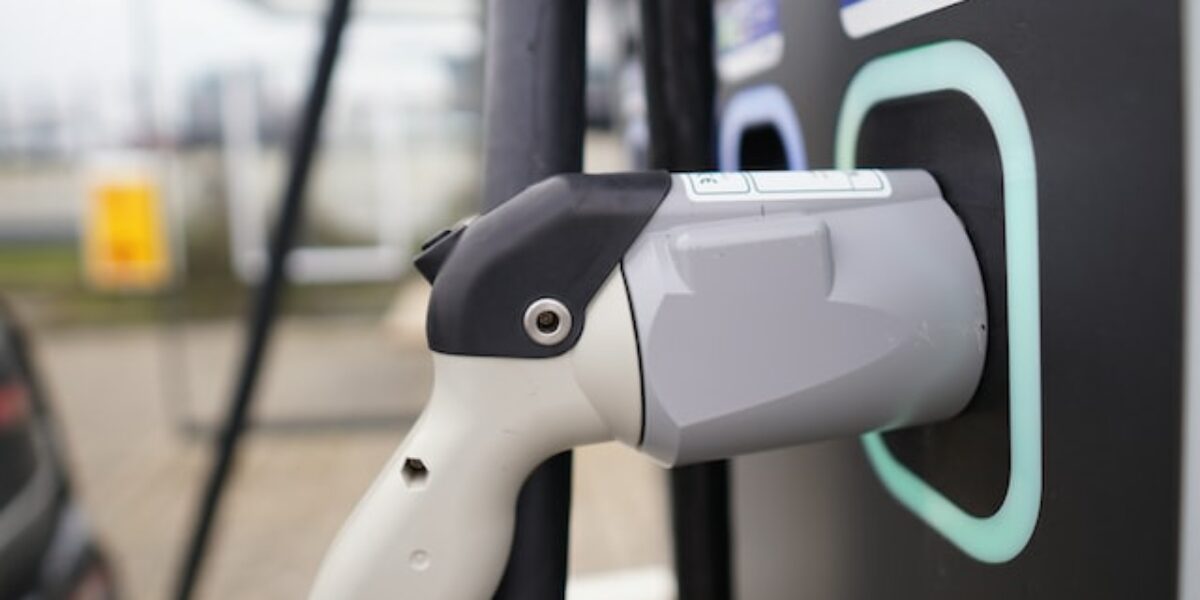EV charging charges rise
Government price cap helps home charging rates
The cost of charging an electric vehicle (EV) at home is set to increase by around 20% this winter.
Ofgem has confirmed the latest energy price cap rates. On a standard charge rate it rises from 28p/kWh to 34p/kWh. This follows the Prime Minister’s Energy Price Guarantee announcement.
In real terms it means the cost of driving 100 miles in a typical EV (averaging 4.0mi/kWh) will increase from £7 to £8.50, if the vehicle is charged at home.
Ofgem energy price cap 2022
|
|
Last price cap period
(1 April – 30 September 2022) |
Current price cap period
(1 October – 31 December 2022) |
||
| Electricity | £0.28 per kWh
Daily standing charge: £0.45 |
£0.34 per kWh
Daily standing charge: £0.46 |
||
| Gas | £0.07 per kWh
Daily standing charge: £0.27 |
£0.10 per kWh
Daily standing charge: £0.28 |
||
The Government’s intervention has suppressed the increase in charging costs. Without it they were due to almost double under new rates.
For larger vehicles, that achieve 3.0mi/kWh, drivers will pay 11p per mile if they charge at home.
RAC EV spokesperson Simon Williams says the cap “will significantly cushion the impact of rising energy prices”.
Williams the energy cost crisis has ‘the potential for the Government’s net-zero transport ambitions to be derailed”.
The higher prices are likely to “put drivers off from switching to an electric model”.
“We have called on the new transport secretary to cut the 20% VAT rate on public chargepoints to match the 5% charged on domestic electricity.”
Street charging
However, it remains to be seen what chargepoint operators will charge. The rising wholesale costs of energy will force increases to their prices in the coming months.
The spiralling cost of wholesale electricity has forced Osprey Charging to increase its rapid charging rate to £1 per kWh.
Ian Johnston, Osprey Charging’s chief executive officer, says the increase is “unavoidable”.
The 50% hike, from its previous rate of 66p/kWh, makes it the most expensive major charge point operator (CPO), surpassing the 69p/kWh charged by Ionity.
It remains to be seen if other CPOs follow suit. However, Johnston stressed that the company would bring the price down “when we are able to,” after details of the Government package to help businesses with high energy prices had been announced.
Off peak, on charge
The new price cap results in an EV being on average 6-9p per mile cheaper to run when charging at home. Drivers can reduce the cost of home charging further by switching to a smart energy tariff. Using a smart charger will also help, according to Ohme.
“EV drivers should switch to an off-peak tariff for their home charging,” explains Ohme CEO, David Watson.
He added: “Speak to your existing electricity supplier and find out if they offer an off-peak tariff, if they don’t then switch to a provider that does to get the full savings of running an electric vehicle.”
The Octopus Intelligent tariff has an off-peak rate of 7.5p/kWh, meaning the same 100-mile charge would cost £1.80. This rate is only available for a few hours each day, however. Smart tariff users may also find the peak electricity rate is higher than the price cap, offsetting any savings made.
The average UK driver covers 6,800 miles a year, according to Ohme, and charging on an off-peak tariff in a typical EV could cost them as little as £127.50 per year using a smart tariff (assuming 4.0 mi/kWh). At the forthcoming new price cap of 34p/kWh that will cost £578 – more than four times more than with an off-peak tariff.





